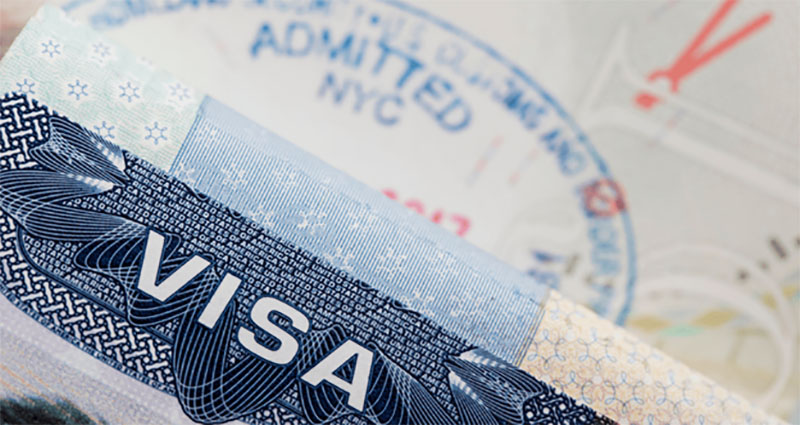Immigration can be a confusing subject. You have to deal with different government departments, any number of lawyers offering their expertise, and the people who are hoping you’ll help them obtain residence in the United States. One particularly difficult aspect of immigration law is obtaining an H-1B visa, which allows “aliens” (those not born in or holding citizenship in the United States) to work for companies doing business in the US. However, there are many reasons these visas get denied by the Department of State Bureau of Consular Affairs. Here are three common causes of denial:
The role offered does not qualify as a specialty occupation under US immigration policy
Certain criteria need to be met for an employment offer to qualify as a “specialty occupation” under the h1b visa policy. Without meeting these requirements, it’s unlikely that the US immigration department will approve the offer. For instance, the h1b visa law Los Angeles-based highlights that such a case can happen mostly because of abuse of h1b visas by large corporations who try to hire cheap foreign labor. Due to that, it’s getting harder for other international recruits who have been offered legitimate jobs to receive approval from US immigration.
Inadequate proof of past employment in your home country or irregular salary history
Your application will be immediately rejected if there is any inconsistency between what you have stated about your work experience on the h1b visa application form and what can be verified with a reference letter(s) from previous employers in your home country. Therefore, you should ensure you provide all documentation related to your employment history when applying under the h1b visa category. That is especially true if you’ve had gaps in employment before traveling abroad to study or work; having worked part-time/temporarily instead of full-time can ruin your application. The same applies to your salary history because the government requires you to prove what you were being paid in your home country.
The state has reached the h1b cap for that year
The government limits how many people can enter the US per year under the h1b visa category, and most of these visas are taken every year by large technology companies. For instance, if you’re applying to study in the USA, October would be a good time to look into it. If you do not apply early enough before the program start date, there is no chance that you will receive approval before they run out of available visas.










